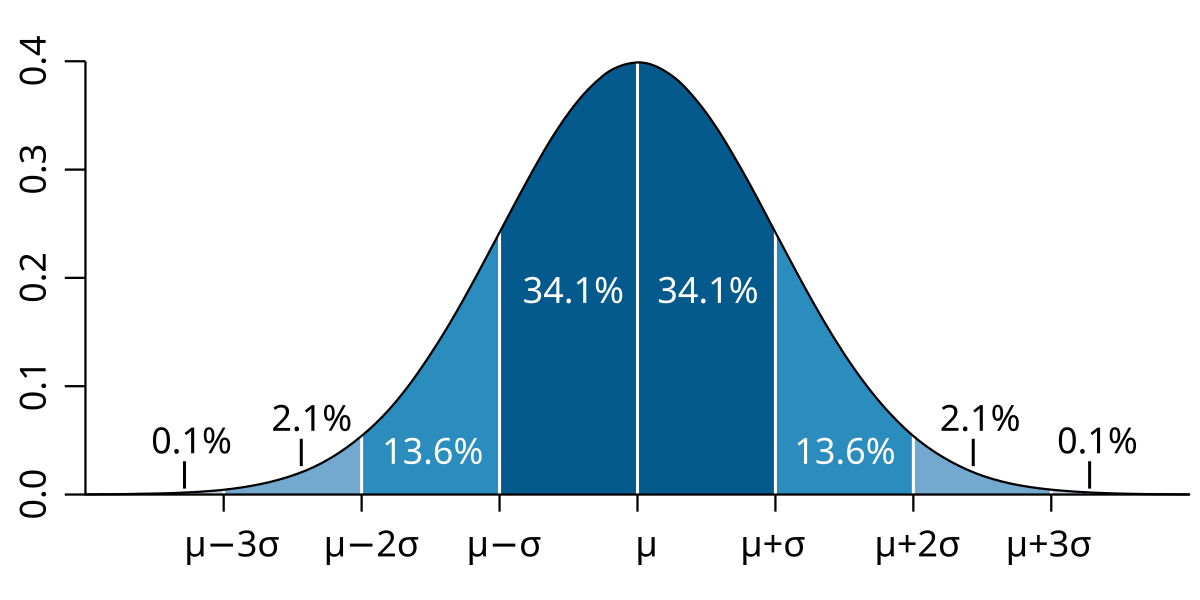Stop using this to prove free will. No determinist that I know of would say you could NOT choose otherwise in a different situation that would naturally elicit a different response. Show me where this applies to the situation that compels a reaction due to having no choice given the options. You seem to be sidestepping the main argument Pood!

You seem unable to comprehend what I write
You keep using logical necessity and other worlds as some kind of proof that the world didn't have to unfold as it
actually did. You cannot prove this, and your modal logic does nothing to prove it either.
Since the history of the world is a vast set of contingencies, which means that events could have been otherwise, and because quantum indeterminacy repeatedly scales up to the macro world, I have proved it.
And because we can move many observable universes away and find one like this, doing otherwise, it is sufficient for me to observe otherwise.
Scaling down from the entirety is just a logical exercise after that which allows contemplations that will say true things about any system such as our universe with it's strict physical tendencies.
Yes, our universe ostensibly has a black swan presaging a 5th spatial dimension, IFF we cannot find in the real structure of the universe a suitable seed of unpredictability to impact "balls on hilltops" to force their direction of motion.
I would propose that unless we lack a gravitational horizon, the growth of that horizon on the irregular front of the edge of the universe interacting inexorably with the shifts in center of gravity, however miniscule, so as to thwart held equilibrium.
I expect that we *must* have a gravitational horizon, if we have a light horizon and gravity interacts at the speed of causality that governs light, and because we know kind of what's going on as we get further out but the background is opaque to other light, and gravity sees no such limits.
The horizon of the big bang ticks back but by but, and gravity starts interacting but by but beyond that, from our perspective... And there are less random but still bogglingly chaotic things much closer subtly altering centers of gravity chaotically... And "the stuff at the unseeable edge" is different for every particle in the universe.
That's actually a dice roll in a preloaded dice roller, and if that's enough information to account for quantum indeterminacy, to then my "infinite preloaded dice roller model of determinism" is actually sound, with a demonstrable source of "dice".
It really just depends on how truly random that first moment was, or how "normal" the function of it.
If it's "truly random", then we have finite choice, and possibility holds, and "parallelity" is a property of a 4d block, especially if there's no way to actually interact between the leaves of said block hyper-space-time. Wow, that's weird to say unironically!
We know we have time selection in 4d or broadly so, unless as Pood suggested (that we may have tachyons or nonlocal phenomena and then "the whole universe could be thinking together"), we would instead be something both deterministic and
completely unplannable and unpredictable.
My thoughts on this may be entirely wrong and I'm sure some people will say they are obtuse, and I am sure they are. I just like getting high and thinking through the implications of the big bang and ideas about creation and the beginning and simulations and so on.
But I guess to the topic, such is "beyond physics" right up until it isn't. It's a statement that
all of the very beginning of the universe may be indeterministic and even "normal", and everything thereafter may be deterministic, and the result is a deterministic block universe.
This doesn't mean there's no free will, it just means that the big bang doesn't plan things and there's probably enough information on the expanding horizon to account for randomness, and if so, it really would be random.

